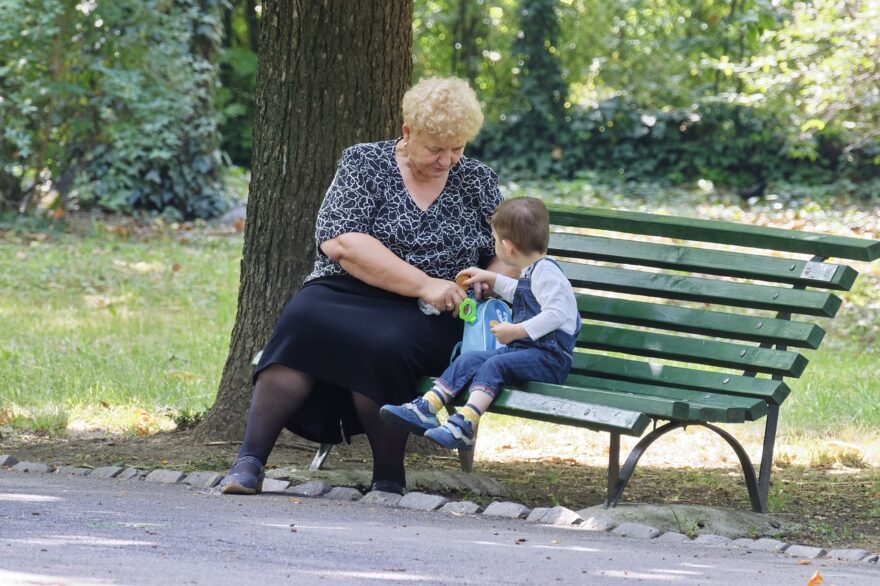GRANDPARENTS RIGHTS FOR CUSTODY AND VISITATION
Grandparents visitation is not always guarenteed
February 10, 2010BEYOND GRANDPARENTS VISITATION
February 12, 2010 If you are a grandparent seeking to find out what your rights are concerning your grandchildren when you start asking questions you may find that most people do not think that a grandparent has any rights if the parents object to visitation. The sad thing is that these people are correct for the most part. At this time there is no constitutional law in the United States that gives grandparents visitation rights. Fortunately, in some states and in some situations grandparents can win visitation and sometimes custody rights in a court.
If you are a grandparent seeking to find out what your rights are concerning your grandchildren when you start asking questions you may find that most people do not think that a grandparent has any rights if the parents object to visitation. The sad thing is that these people are correct for the most part. At this time there is no constitutional law in the United States that gives grandparents visitation rights. Fortunately, in some states and in some situations grandparents can win visitation and sometimes custody rights in a court.
The problem with getting visitation rights if you are a grandparent is that you have to prove in court that the absence of your visits are “harmful” or “detrimental” to the well being of the grandchild. This can be a tough task to say the least. By law, the natural parents of a child have the right of care and custody of their child and the grandparent will need to show a judge that there is enough evidence that the parents are not doing their job that the court sees fit to override the rights of the parents. This is what makes the job tough you are going into court as a grandparent and telling the court that your own child is not a fit parent.
Remember that when you start down this path you have to unemotionally consider the child’s best interest. That is the measurement the court is going to use. There are specific situations where getting visitation or custody of a grandchild could be easier. If one parent has died and the other is deemed to be unfit then custody of the child may be awarded to a grandparent. If both parents have died then normally custody will go to a grandparent since the court would rather give the child to a blood relative instead of putting the child into the foster care system.
Even in these circumstances, the case is not cut and dried. You may have to present evidence that you are a better option than other blood relatives such as the other set of grandparents. The courts will consider everything in their decision. They will consider the health, age, financial stability, location and other factors of all concerned parties in order to make the proper decision for the child.



